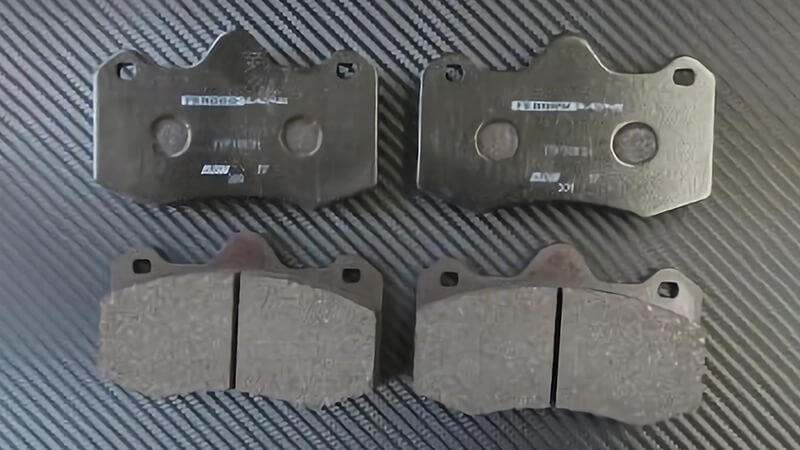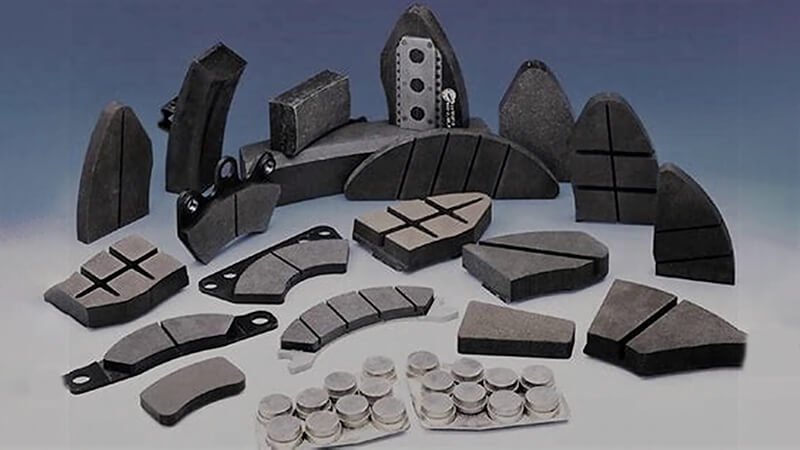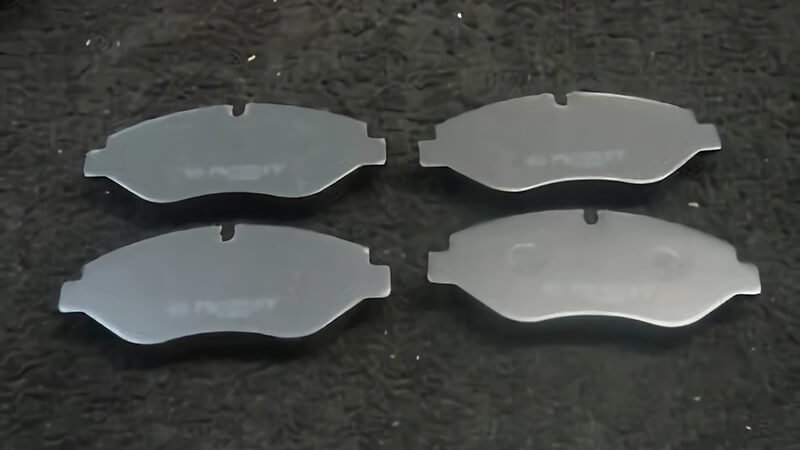When brake pads are ignored, damage spreads. First to the rotors, then to your wallet. That’s why brake pad maintenance isn't just a safety issue—it’s a cost-control issue.
Failing to replace brake pads leads to expensive repairs, extended downtime, and higher safety risks. Good brake pads save more than just money—they protect vehicles, reputations, and business continuity.
Many fleets underestimate the domino effect of worn brake pads. But I’ve seen firsthand how using low-quality or overdue components turns minor wear into full system failure. This article unpacks what truly happens when brake pads are neglected, based on real fleet insights and the durable engineering behind Runex Auto brake pads.

Can you ruin your vehicle if you don't replace brake pads?
Ignoring brake pads can snowball. Friction builds, metal grinds, and braking components heat up until something gives. By then, it’s not just the pads—it’s the rotors, calipers, and more.
Yes, not replacing brake pads can lead to severe damage to rotors, calipers, and even brake lines, resulting in costly repairs and safety risks.
Brake Pads: The First Line of Defense
When brake pads wear thin, the metal underneath begins to grind against the rotor. This causes:
- Deep grooves in the rotor surface
- Overheating, warping the rotor
- Caliper damage from excessive piston travel
- Brake fluid contamination due to excessive heat
Here’s how this damage stacks up:
| Component | Effect of Worn Pads | Estimated Cost (per axle) |
|---|---|---|
| Brake Pads1 | Poor stopping, squealing | $50–$150 |
| Rotors | Grooved, warped, or cracked | $300–$600 |
| Calipers | Seized or overextended | $400–$700 |
| Labor & Downtime | Additional replacement time | $200–$800+ |
I’ve watched customers delay brake pad service, thinking it saves money. But when their rotor cracked on a long-haul truck, the replacement cost—including downtime—hit $1,800. And that’s before factoring in driver penalties and late delivery fines.
Runex Auto brake pads are engineered to stop this domino effect. Our high-density friction material2 resists premature wear, while anti-noise shims prevent vibrations that damage calipers. For customers who switched to our pads, system lifespan increased by 30%.

Can I still drive if my brake pads are worn?
You can drive. But every mile adds risk. What feels like a squeak today could become a steering pull or complete brake failure tomorrow.
Driving with worn brake pads is technically possible but highly dangerous. It risks braking failure, rotor damage, and longer stopping distances.
What Really Happens On the Road
If brake pads3 fall below 3mm, these things happen:
- Stopping distances grow—especially in wet conditions.
- Braking power fades, especially after repeated use.
- Steering control weakens, due to uneven brake pressure.
- Metal-to-metal contact starts, destroying the rotors.
For fleet managers like Joe Rich at Carlson Auto, this isn’t just theory—it’s reality. If a delivery vehicle can’t brake predictably, the risks escalate for drivers, clients, and company liability.
This is why we test Runex brake pads under high-load conditions. Our heat-resistant compounds reduce fade even after prolonged braking, and we include wear indicators4 that clearly signal when pads need replacement—well before they become a hazard.
One of our clients in Manchester told me, “With our old pads, it was hard to tell when to replace them. Now, the Runex wear indicator lets my team plan maintenance ahead of time, instead of reacting to failures.”

How can you tell if brake pads need replacing?
If you're hearing a squeal, grinding, or the car’s taking longer to stop—you’re already late. Brake pads tell stories through sound, feel, and inspection.
Signs include squeaking noises, grinding sounds, increased stopping distance, vibration during braking, or visual wear indicators showing less than 3mm thickness.
Don't Wait for a Breakdown—Look for the Clues
Here’s how I advise clients to check for worn pads:
1. Auditory Signals
- Squealing = early wear. It’s the pad wear indicator scraping the rotor.
- Grinding = urgent. Pad material5 is gone. Metal-on-metal is happening.
2. Visual Inspection
- Check the outer pad through the wheel spokes. If it’s less than 3mm thick—it’s time.
3. Dashboard Warning Lights
- Some vehicles include electronic sensors. If that light’s on—don't wait.
4. Driving Symptoms
- Pulling to one side
- Pedal vibration
- Delayed stops
At Runex Auto6, we include physical wear indicators in every brake pad set, even for OEM applications. This small feature drastically reduces accidental overuse, helping fleets stay on top of maintenance.

Is it okay to drive when a brake pad is sticking?
A sticking brake pad doesn't just slow you down—it actively destroys your fuel economy, rotor, and eventually the caliper. It can also cause wheel overheating.
Driving with a sticking brake pad causes overheating, rotor warping, uneven tire wear, and increased fuel use. Immediate inspection and repair is essential.
Understanding Brake Pad Drag
Here’s what happens when a pad sticks:
- Friction doesn’t stop even when you're off the brake
- This heats up the rotor and caliper
- Over time, this warps the rotor7 and destroys the pad
- Excess heat can boil brake fluid, leading to brake failure
Runex Auto brake pads come with precision-fit backing plates8 and corrosion-resistant coatings to prevent seizing. We’ve tested our pads in extreme humidity conditions, and even after 72 hours of salt spray, the slide mechanisms remained smooth.
One customer used to deal with dragging pads every winter. After switching to Runex, not only did the issue disappear, but his fuel consumption dropped by 4% per vehicle—simply from smoother brake operation.

Conclusion
Brake pads9 are small, but their role is massive. Ignoring them leads to costly repairs, safety issues, and logistical headaches. I’ve seen this too often—companies delaying maintenance, then paying for it double. At Runex Auto, we design brake pads that don’t just last—they protect the whole system. Our mission isn’t just parts—it’s peace of mind. Because when your brake pads work, everything else follows safely.
-
Explore this link to understand how quality brake pads can enhance safety and performance, ultimately saving you money. ↩
-
Discover the advantages of high-density friction material in brake pads for better durability and efficiency. ↩
-
Explore this link to discover top-rated brake pads that enhance safety and performance, ensuring reliable braking in all conditions. ↩
-
Learn about wear indicators and their importance in brake maintenance, helping you avoid costly repairs and ensuring safety. ↩
-
Understanding brake pad material helps you choose the right pads for safety and performance, preventing metal-on-metal damage during braking. ↩
-
Discover how Runex Auto's innovative brake pads with physical wear indicators can prevent costly vehicle maintenance and ensure safety. ↩
-
Understanding the causes of rotor warping can help you maintain your vehicle's braking system effectively. ↩
-
Learn about precision-fit backing plates to ensure optimal brake performance and longevity. ↩
-
Find the best auto brake pads from Runex. ↩













